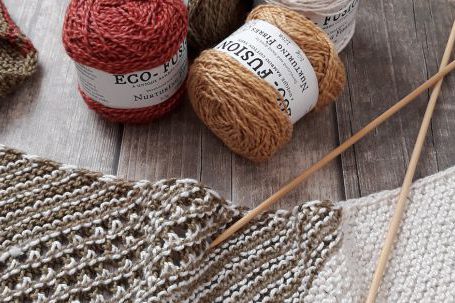In a world filled with cheap knockoffs and counterfeit products, it can be challenging to determine whether a designer item is genuine or a fake. From luxury handbags to high-end clothing, many individuals seek the authenticity and quality that comes with owning a designer product. But how can you be sure that what you’re purchasing is the real deal? In this article, we will explore the signs of an authentic designer product, helping you make informed decisions when it comes to your purchases.
Fine Craftsmanship and Quality Materials
One of the first signs of an authentic designer product is the craftsmanship and the quality of materials used. Designer brands pride themselves on using top-notch materials and employing skilled artisans to create their products. Look for meticulous stitching, high-quality hardware, and attention to detail. Genuine leather items should feel soft and supple, not stiff or synthetic. Similarly, clothing should have well-finished seams and linings. By examining the craftsmanship and materials, you can often determine the authenticity of a designer product.
Packaging and Branding
Another telltale sign of an authentic designer product is the packaging and branding. Designer brands invest heavily in packaging to provide a luxurious and exclusive experience for their customers. Look for branded boxes, dust bags, authenticity cards, and certificates of authenticity. These elements are often unique to each designer brand and are difficult to replicate by counterfeiters. Additionally, pay attention to the logo, font, and overall branding on the product. Authentic designer items will have precise and consistent branding, while counterfeit goods may have misspellings or variations in the logo.
Price and Retailer Reputation
While it’s true that designer products can come with a hefty price tag, an unusually low price should raise suspicions. If a deal seems too good to be true, it probably is. Authentic designer items are rarely sold at significantly discounted prices, especially if they are new or in high demand. Research the average retail price for the specific item you’re interested in and compare prices across different retailers. Be cautious of online marketplaces or unauthorized sellers, as they are more likely to sell counterfeit goods. Stick to reputable retailers or the official brand’s website to ensure the authenticity of your purchase.
Serial Numbers and Authenticity Codes
Many designer brands incorporate unique serial numbers or authenticity codes on their products as a way to deter counterfeiting. These codes can be found on tags, labels, or engraved onto hardware. Take the time to research the specific brand’s authentication process and what these codes should look like. Some brands even provide online tools or verification services to check the authenticity of their products using these codes. If you come across a product that lacks any form of identification or has codes that do not match the brand’s guidelines, it’s likely a counterfeit.
Customer Reviews and Feedback
Lastly, consider the opinions and experiences of others when determining the authenticity of a designer product. Customer reviews, both positive and negative, can provide valuable insights into the quality and authenticity of a brand or specific item. Look for reviews from reputable sources or trusted fashion bloggers who have expertise in authenticating designer products. If there are consistent complaints or warnings about a particular seller or brand, it’s best to proceed with caution.
In conclusion, identifying the signs of an authentic designer product requires a keen eye, attention to detail, and a little bit of research. By examining the craftsmanship, packaging, price, serial numbers, and customer feedback, you can make informed decisions when purchasing designer items. Remember, authenticity is not just about owning a prestigious brand; it’s also about supporting the craftsmanship and quality that comes with it.




